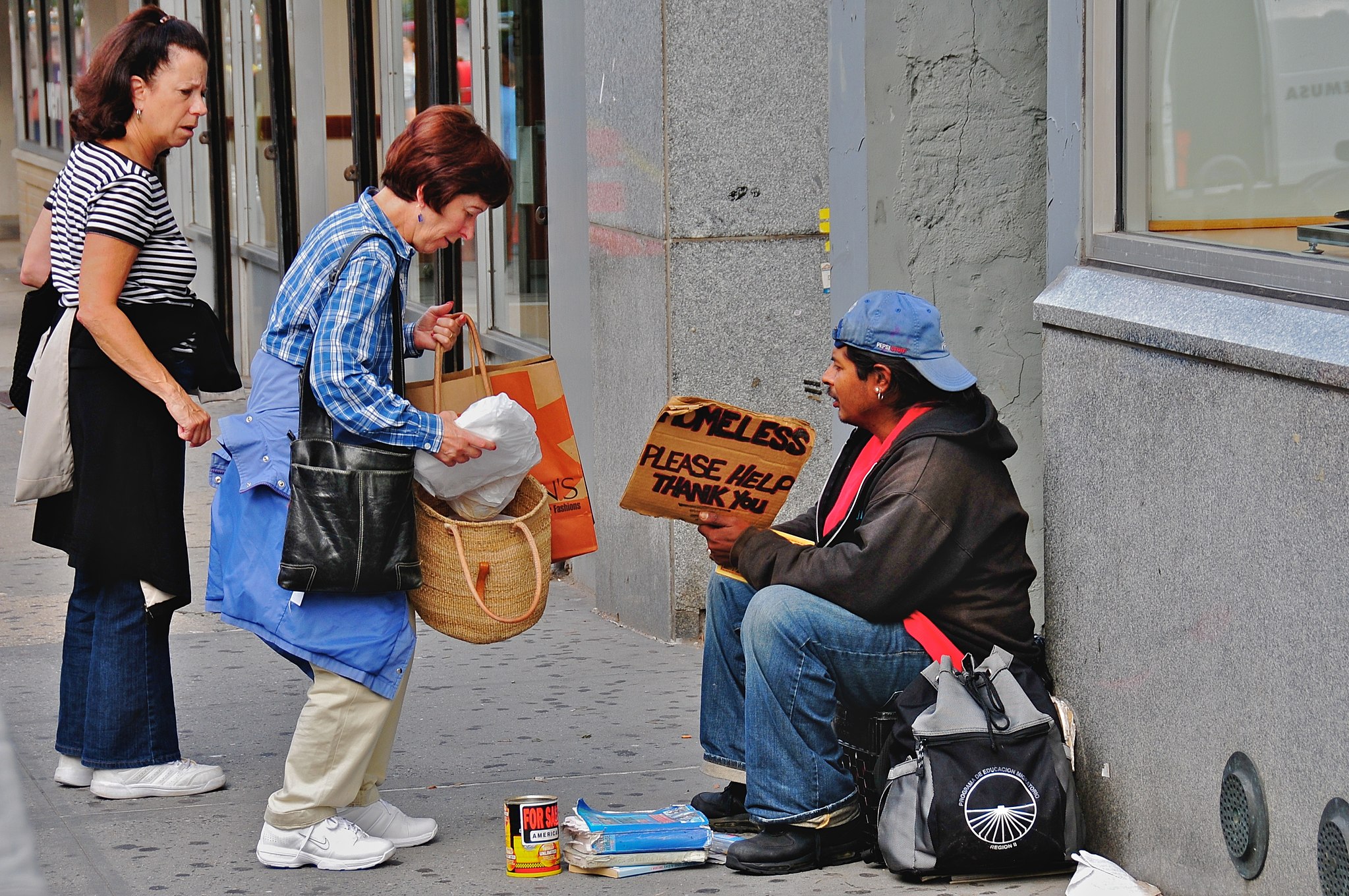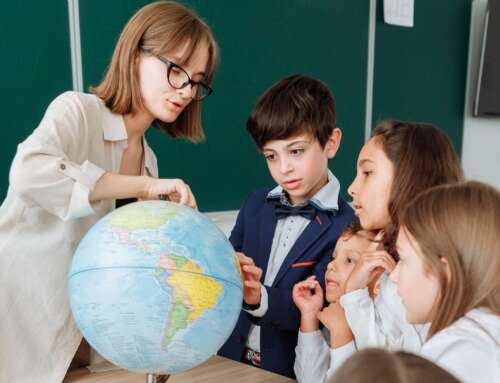Empathy isn’t always what people think of when considering important factors in leading a good and successful life. It’s difficult, uncomfortable, and doesn’t seem to yield any immediate, tangible gain for either the giver or the receiver. Like many words to do with emotions it’s also fuzzy; hard enough to define, let alone quantify.
Despite this, many psychologists and other experts are fierce advocates of empathy, pointing out the benefits both for individuals and for society. The main expert quoted in this article from KQED Mindshift is psychologist Jamil Zaki, who notes that even on the most individualistic level empathetic people are usually happier, healthier and work more effectively.
As a mindset that focuses on connection, the benefits of empathy are of course felt the most by the receivers and by society as a whole. Just one truly empathetic person can bring a potentially dangerous outsider back into mainstream society, as with the article’s example of former white supremacist Tony McAleer and his Jewish mentor Dov Baron. A more widespread display of empathy can help to heal whole societies, as shown by the release of aparteid-era assassin Eugene de Kock by South African authorities.
Jamil Zaki contends that empathy is more accurately thought of as a muscle to be developed than a skillset to be learned. The encouraging news is that it seems relatively easy to develop in the young, both with peer activities that discuss the concept as well as role modelling by authority figures, like teachers. The arts are also highlighted as a key way to foster empathetic understanding, making their sidelining in school curricula all the more concerning.
This is not to say that empathy is a panacea for all of society’s ills. The experts point out that it can’t do all the work to change systemic problems. It’s unlikely to be utilised when people are stressed or rushed. As with nearly any concept, it can be co-opted by consumerism to the point that it’s a parody of its former self. And going back to an individual level, it has to be used judiciously and balanced with self-care to avoid ‘compassion fatigue’. Even so, a greater development and use of empathy may be our best bet to bring cohesion back to increasingly fractured societies.
Read the full article by Katrina Schwartz at: Why Intentionally Building Empathy Is More Important Now Than Ever
Feature image Source: Wikimedia Commons








Leave A Comment